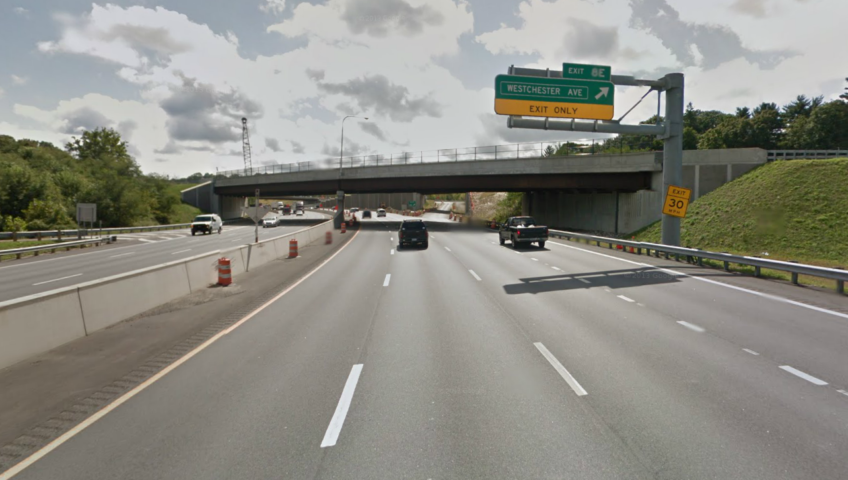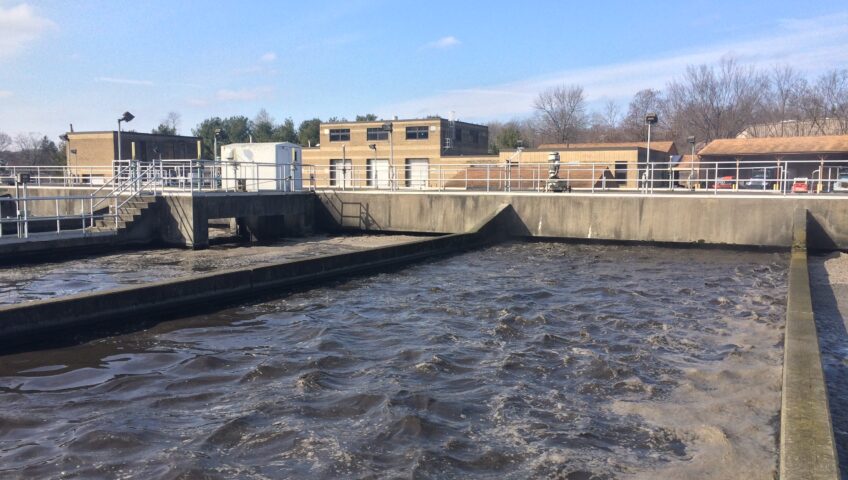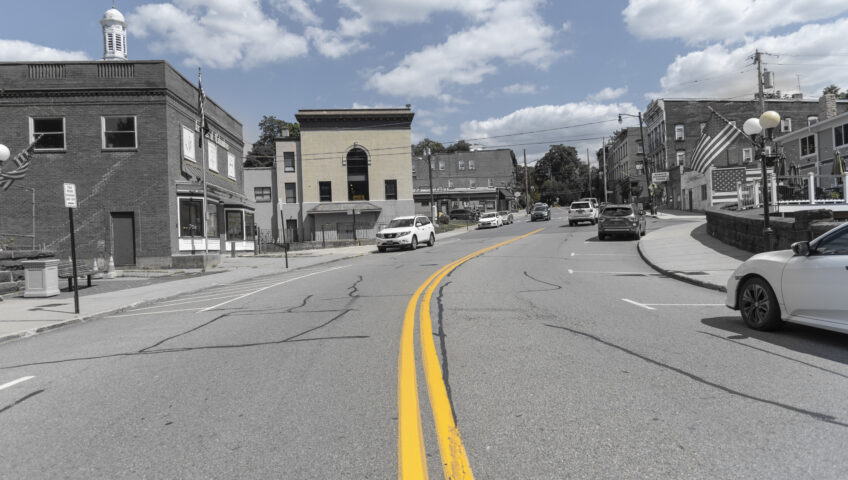In the U.S., roads are an unavoidable part of our everyday lives. We use roadways daily to travel to and from work, school, social engagements, and more. So how do we deal with the issue of America’s crumbling roadway infrastructure?
As the years go by, American metropolitan areas are stymied by traffic congestion.
The average American spends 54 hours a year stuck in traffic. That’s 6+ vacations days! Meanwhile, suburban and more rural areas are forced to contend with deteriorating road conditions, as well as outdated and dangerous traffic configurations.
At KC Engineering and Land Surveying, P.C. (KC), maintaining and upgrading our roads remains an important priority. Our civil engineers are skilled in parking lot and roadway design, and along with our traffic engineers they can effectively and efficiently plan, design, and oversee the construction of intersection improvements, parking facilities, maintenance and protection of traffic plans, highways, utility relocations, site lighting, driveways and other roadways, curbs, and sidewalks so that the outcomes not only provide for smooth transitions but also for economically functional results.
With projects like NY-27 at Barners Road Interchange Reconstruction; Rehabilitation of Swan Street Roadway; Cross Westchester Expressway (I-287) Exit 8E Reconstruction; 5th Avenue Reconstruction; DeLavergne Avenue Reconstruction; and Milling and Resurfacing of Federal Aid Roads, KC strives to maintain the safety and commutability of area roads, because at KC we recognize the vital importance of roadway infrastructure.




